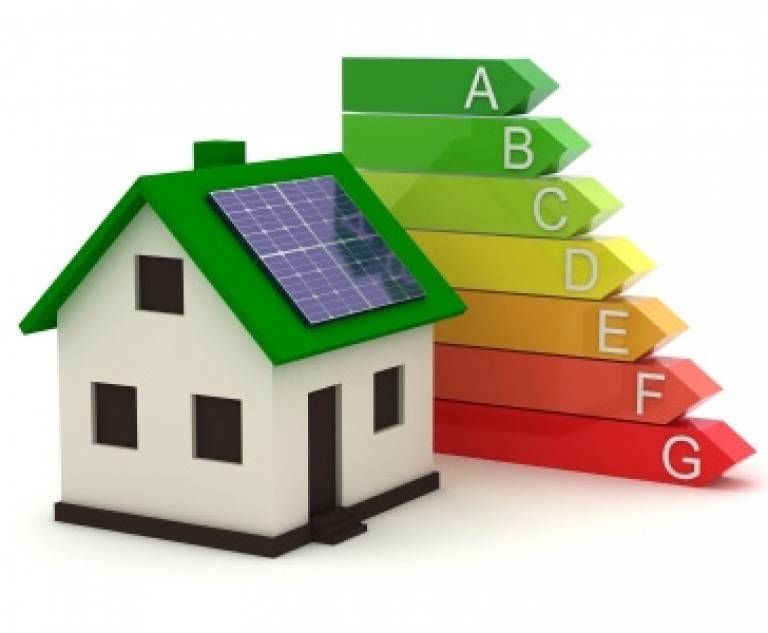UK climbs to third in global league of green building
19 July 2010
Press release Links:
 ucl.ac.uk/environment-institute/" target="_self">UCL Environment Institute
ucl.ac.uk/environment-institute/" target="_self">UCL Environment Institute
A global index to measure the progress of countries towards creating a zero carbon built environment in terms of energy consumption and production has put Norway at the top, with Brazil second and the UK in third place.
Based on International Energy Agency (IEA) data, the index covers 34 countries around the world and aims to measure the progress of countries towards creating zero carbon built environments (following a pilot last year). Top of the index for both 2008 and 2009 is Norway - a country that also performs better than average on carbon emissions per unit of GDP.
The 2009
RICS (Royal Institute of Chartered Surveyors) Global Zero Carbon Capacity Index
was authored by Professor Yvonne Rydin, Co-director of the UCL (University
College London) Environment Institute. The index measures energy efficiency in households, offices and domestic
transport as well as investment in renewable energy and introduction of policy
packages to reduce carbon consumption within the built environment.
Buildings consume a massive 40% of total energy globally, outstripping the transport and industrial sectors. The transition from a high carbon to a carbon neutral built environment is therefore a critical element in the fight against climate change.
The index puts the UK in third place in 2009, rising from fourth the previous year. This is largely due to a solid array of policies, including strategies for zero-carbon house building, the Code for Sustainable Homes, changed building regulations and new spatial planning approaches.
However, the UK still needs to take action on residential energy efficiency and to invest further in renewable energy sources. The poor standard of energy efficiency of the existing building stock is keeping energy consumption higher than it needs to be and the share of renewable energy is only just above 2% of total primary energy supply.
The countries that have improved most over 2008-9 are the Slovak Republic, France, Germany and USA, although the improvement for the USA is less than for the other three countries.
Yvonne Rydin, Professor of Planning, Environment and Public Policy & Co-Director of the UCL Environment Institute, and author of the report, said: "It is vitally important that all those involved with the built environment take action to reduce carbon emissions. This is an urgent responsibility for those building new developments as well as those owning, managing and occupier existing ones. Our homes, shops, offices, factories and leisure centres all need to make their contribution to the climate change agenda."
She added: "This RICS-UCL index provides a robust means of assessing, year by year, how countries are progressing in reducing carbon emissions associated with the built environment."
Stephen Brown, RICS, said: "The responsibility for improving the energy efficiency of the built environment lies not only with homeowners, landlords and developers. Governments must provide incentives and implement initiatives to create a zero carbon built environment. "The UK must do more to improve the energy efficiency of its existing housing stock. The Government should consider cutting VAT on building materials for repair and renovation to five percent to stimulate the growth of sustainable buildings."
The index encourages performance at the national scale across key areas:
- energy efficiency in the household sector, in domestic transport and in the tertiary (commercial) sector
- investment in renewable energy generation
- formulation of a comprehensive policy package to deliver carbon reductions in the built environment.
The policy measures that the index focuses on are: zero-carbon housing and non-domestic stock; building certification; retrofitting of energy insulation; sustainable public procurement; sustainable construction.
Media contact: Clare Ryan
UCL context
The UCL Environment Institute was set up in 2003 as the
focal point for environmental research and related activities at UCL.
Its mission is to develop synergies between science, social science,
engineering, humanities and the arts to tackle both natural and
anthropogenic environmental risks.
Related news
Mapping for Change: new social enterprise to support sustainable communities
Demand for 'daily travel' has peaked
 Close
Close

